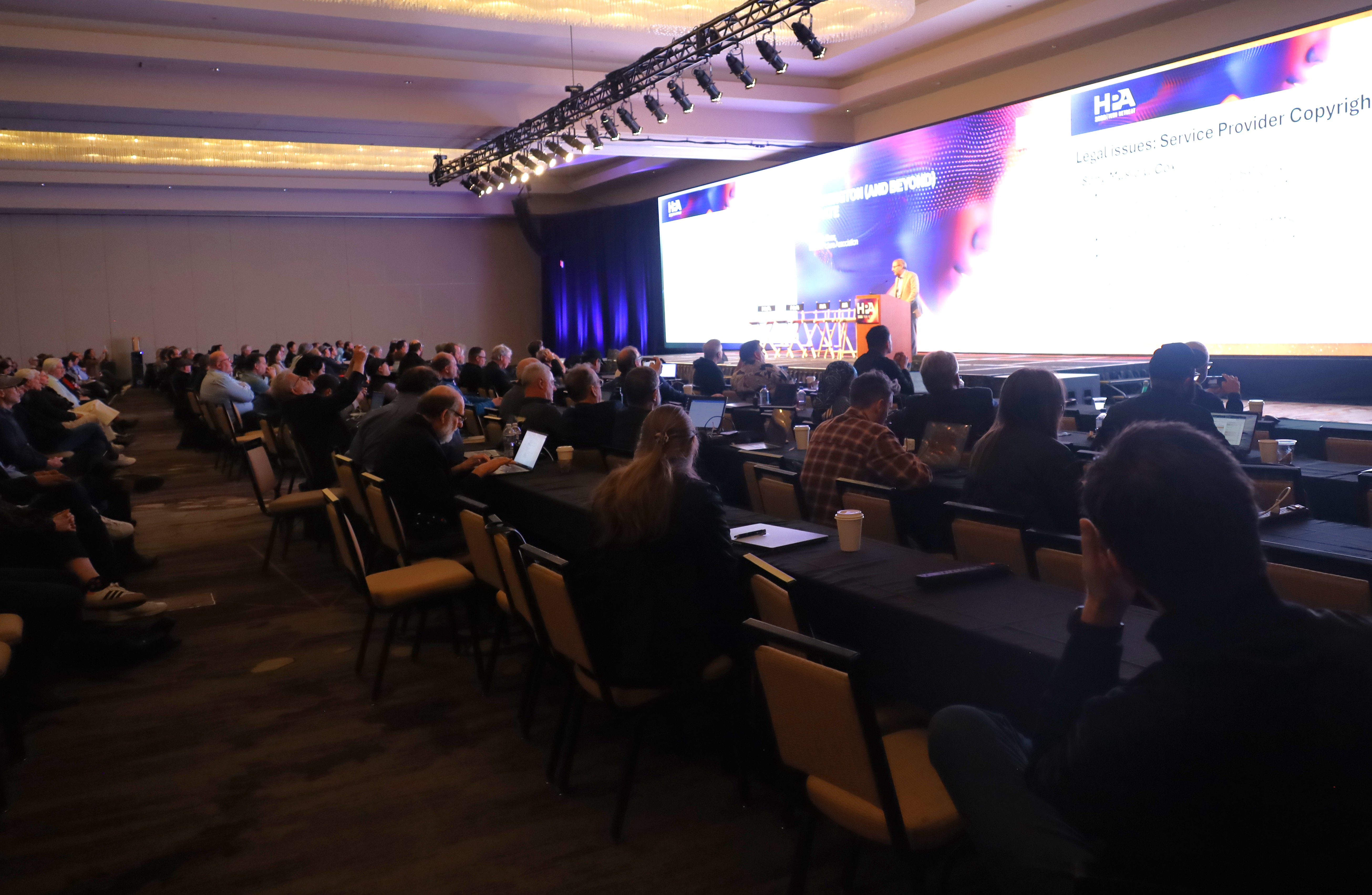Congress Concerned About Early Analog TV Shutdown
The professional video industry's #1 source for news, trends and product and tech information. Sign up below.
You are now subscribed
Your newsletter sign-up was successful
As reported in last week's RF Report, there have been a number of reports that the FCC is contemplating speeding the DTV transition by requiring cable and DBS providers to deliver broadcasters' DTV signals in addition to, or instead of, their analog signals, thus increasing the number of households that would count towards the 85% DTV adoption threshold required before analog TV can be shut off. Last week three congressmen sent FCC Chairman Michael Powell a letter expressing concern "this proposal would produce severe unintended policy consequences and would directly contravene the legislative intent of Congress"
The Congressmen, Charlie Norwood (R-GA), Richard Burr (R-NC) and Lee Terry (R-NE) wrote, "Premature cessation of analog broadcasting would render useless the 81 million television sets that rely upon over-the-air reception and, more importantly, would disenfranchise the 15 million television households that rely exclusively upon over-the-air reception for their television signals."
The Republican representatives recognized that counting cable and DBS viewers towards the 85 percent threshold would have the effect of making 2006 "a hard date to shut-off analog TV stations" and noted that "This would occur even before the tuner mandate has been completed (2007), let alone given time in the marketplace to diminish the ten's of millions of analog-only TVs that would go dark."
Another unintended consequence listed in the letter was that an early shutdown of analog would cause DTV technology to stagnate. Consumers viewing downconverted cable or DBS signals converted to analog format would "not experience any of the benefits of digital television, most notably high-definition viewing and enhanced programming options."
The letter suggested that "Pairing a more realistic hard-date with both a sensible cable carriage plan and marketplace acceptance of the FCC's tuner mandate would make more sense." It concluded, "Congress' 1997 adoption of the 85% consumer safeguard recognized that consumer acceptance of DTV technology is a linchpin to successful completion of the DTV transition. While I share your commitment to seeing the digital television transition completed and analog television spectrum freed up for other uses, radically modifying this statutorily mandated consumer protection would be imprudent, impractical and run afoul of Congressional policy goals."
The professional video industry's #1 source for news, trends and product and tech information. Sign up below.
